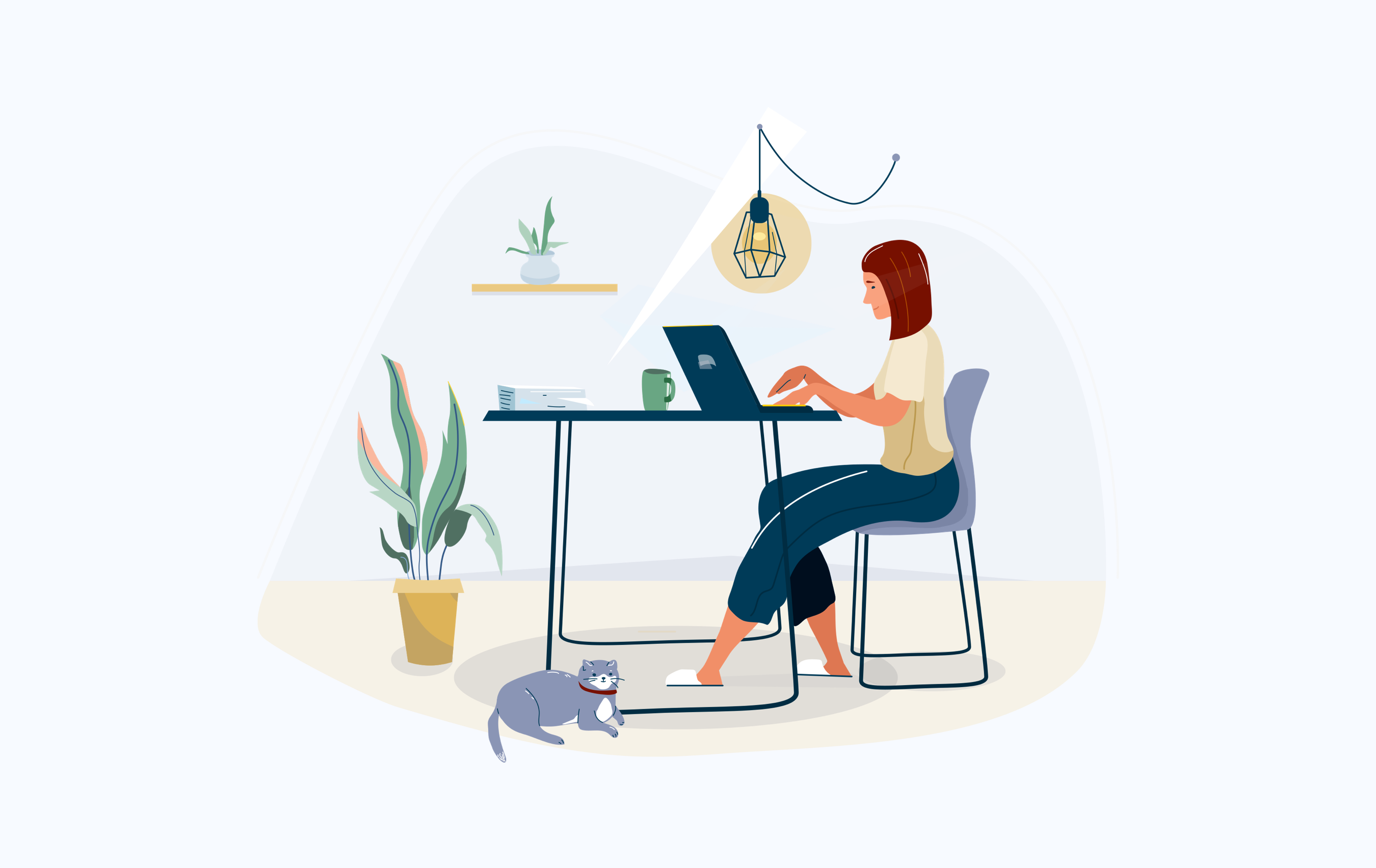People working as a self-employed or remotely tent to have more problems with their mental health. Self-employment can be a really rewarding career, but it involves a lot of pressure, uncertainty, rejection, and a lack of routine, and it can also encourage you to never get out of your PJs. People with traditional 9-to-5 jobs leave the house and come home on a regular schedule, have the chance to socialize with coworkers, and have a clear demarcation between working and off-time. But people in self-employed industries or who work remotely get a very different workplace experience, and that can have mental health consequences, such as depression and anxiety.
Here are some tips on how to reduce the anxiety of working as a self-employed.
1. Connect with others in the community
Working on your own has one massive drawback: it can be lonely. And that can be tough for your mental equilibrium. Find online communities where you can join and talk to people that are in the same boat. Get into professional group on Facebook or Linkedin and connect to people working in the same field. If you can’t find the group you’re looking for you can always create one. They’ll help out and give you someone to call when things are going wrong.
2. Stay active
Studies show that exercise releases endorphins that can improve mental health considerably. Some people will find this to be the best way to switch off and escape – phone-free. I’m right in thinking that exercise even makes me feel sharper at work too. Specialists in this field say it helps us sleep better, boosts our energy levels throughout the day and, believe it or not, toughens us up. Yep, that’s right – exercise can make us more resilient.
3. Celebrate the small wins
If you’re unable to run your business as you normally would during the coronavirus crisis, you may well feel frustrated. However, there are other ways you can be productive. Share your small wins with other people and turn them into points of conversation.
4. Make Space For Non-Work Time Before You Sleep
It’s tempting to just keep working if you don’t have a commute to demarcate the day. But that’s not necessarily great for your mental health. If you work at home, try to set boundaries between your work life and home life. Even if it’s just a small period, try to maintain a routine where pre-bedtime is a work-free zone, spent on yourself, partners, kids or chatting with friends.
A recent study has shown that it’s much better for peoples’ sleep quality if they’re more capable of “turning off” in the period after work, before they go to sleep — so remembering to maintain that buffer, even if it’s just an hour, where you don’t do any work or have work-related thoughts, can help your sleep quality — and in turn, your mental health.
5. Get Dressed
You’ve probably heard this many times but arranging your office space and style so that you feel professional even at home is something that can bring a major boost to your mood. The idea of working in our yoga pants might have initially been appealing, but wearing clothes we associate with leisure isn’t necessarily the best when it comes to putting us in the right frame of mind to getting to work.
Jeton allows users to exchange money, make secure money transfers and online purchases. The better way to send money to those you love; simpler, faster, and safer.



